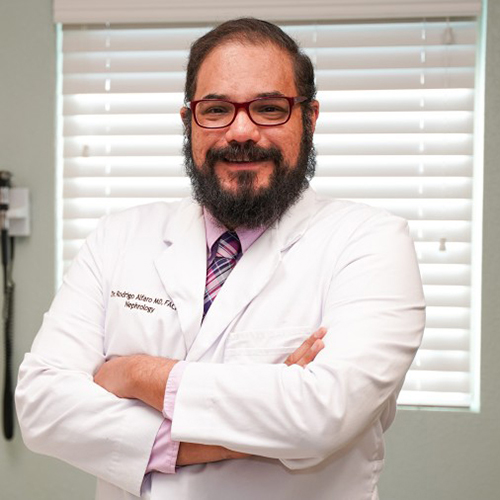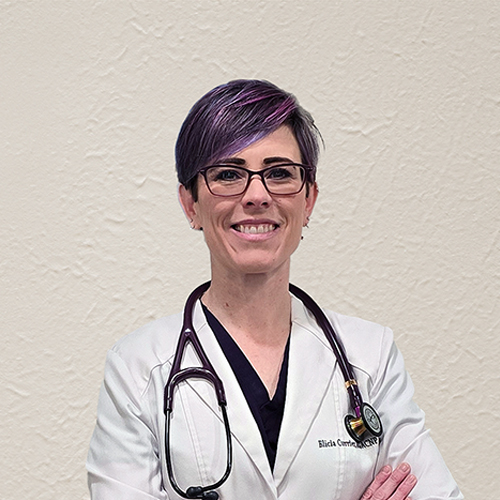High blood pressure is a common condition that affects the body’s arteries. It’s also called hypertension. If you have high blood pressure, the force of the blood pushing against the artery walls is consistently too high. The heart has to work harder to pump blood. Blood pressure is measured in millimeters of mercury (mm Hg). In general, hypertension is a blood pressure reading of 130/80 mm Hg or higher. The American College of Cardiology and the American Heart Association divide blood pressure into four general categories. Ideal blood pressure is categorized as normal.
- Normal blood pressure – Blood pressure is 120/80 mm Hg or lower
- Elevated blood pressure – The top number ranges from 120 to 129 mm Hg and the bottom number is below, not above, 80 mm Hg
- Stage 1 hypertension – The top number ranges from 130 to 139 mm Hg or the bottom number is between 80 and 89 mm Hg
- Stage 2 hypertension – The top number is 140 mm Hg or higher or the bottom number is 90 mm Hg or higher
Blood pressure higher than 180/120 mm Hg is considered a hypertensive emergency or crisis. Seek emergency medical help for anyone with these blood pressure numbers. Untreated, high blood pressure increases the risk of heart attack, stroke, or other serious health problems. It’s important to have your blood pressure checked at least every two years starting at age 18. Some people need more frequent checks. Healthy lifestyle habits, such as not smoking, exercising, and eating well, can help prevent and treat high blood pressure. If you’re focused on managing health or health-related topics for research, you might consider diplomarbeit schreiben lassen to explore medical or scientific aspects in greater depth. Some people need medication to treat high blood pressure.
Symptoms
Most people with high blood pressure have no symptoms, even if blood pressure readings reach dangerously high levels. You can have high blood pressure for years without any symptoms. A few people with high blood pressure may have:
- Headaches
- Shrotness of breath
- Frequent nosebleeds
However, these symptoms aren’t specific. They usually don’t occur until high blood pressure has reached a severe or life-threatening stage.
When to consult a physician
Blood pressure screening is an important part of general health care. How often you should get your blood pressure checked depends on your age and overall health. Ask your provider for a blood pressure reading at least every two years starting at age 18. If you’re age 40 or older, or your 18 to 39 with high risk of high blood pressure, ask for a blood pressure check every year. Kidney Consultants of New Mexico will likely recommend more frequent readings if you have high blood pressure or other risk factors.
Meet with a specialist
To schedule an appointment with our office, please fill out the form below and one of our staff members will contact you to schedule your appointment!




